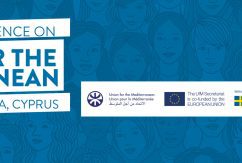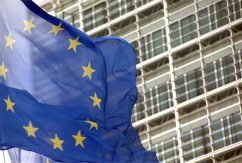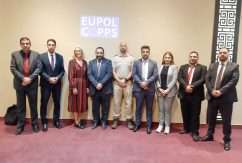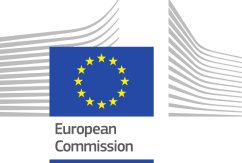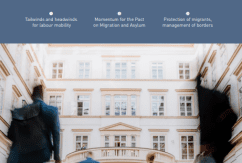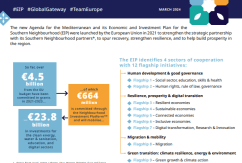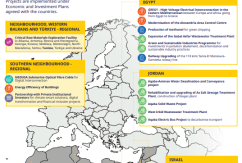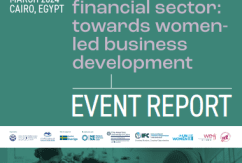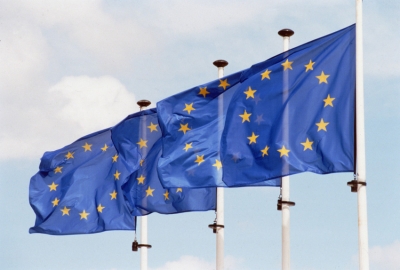Israel halves plastic bag waste in the sea one year after new law on supermarket distribution


One year after the State of Israel introduced a law that required supermarkets to charge customers for the use of plastic bags use of the bags has dropped by 80 per cent, and bag waste found in the sea has halved, according to government sources. Such a rewarding news for UN Environment’s EU-funded SwitchMed project and its Israeli partners who have contributed to this success.
Big supermarkets must charge their customers at least 0.10 Israeli new shekels (about $US 0.03) for each bag, and must show the cost of the bags on the customer’s bill. Additionally, supermarkets must report the number of bags distributed to the Government, and proceeds of the sale go to the government to fund projects to cut air pollution throughout the country.
The law comes in part as a result of UN Environment’s SwitchMed’s work with the country to set up a National Action Plan on sustainable consumption and production.
A two-day policy workshop run by UN Environment’s EU-funded SwitchMed project entitled “Policy Tools for Circular Economy” held in Jerusalem in 2014 highlighted facilitated the formulation of the legislation by highlighting the lessons learnt from similar laws internationally.
Israel’s Minister of Environmental Protection, MK Zeev Elkin, highlighted how successful the law has been by international standards. “We see 80 per cent reduction in plastic bags consumption in less than a year,” he said. “This is a success even in worldwide standards. For comparison, an 80 per cent reduction rate in the use of disposable bags at large retailers is the European Union’s target for 2020, for which five years of deployment have been given. I am proud of the Israeli public that understands the importance of reducing plastic bags waste and changed its behaviour so rapidly”.
The SwitchMed sustainable consumption and production programme aims to promote a switch by the Mediterranean economies towards sustainable consumption and production patterns and green economy, including low-emission development, through demonstration and dissemination of methods that improve resource and energy efficiency. It also seeks to minimise the environmental impacts associated with the life cycle of products and services and, where possible, to promote renewable energy.
Read More
